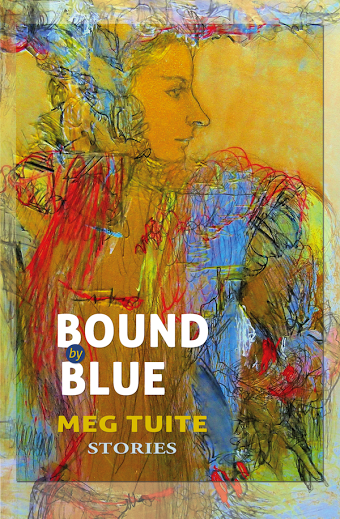82 pages, $15
Review by Corey Pentoney
I was drawn in to Kendra DeColo’s collection of poetry, Thieves in the Afterlife, as soon as I heard the title. Who could turn down a title like that? If I had to choose one word to describe this collection, it would have to be raw. Raw in every sense of the word. Raw emotion. Raw bodies. And, perhaps most importantly, raw language. In her own words, she makes “each breath/poignant, a rawness/cutting.” Thieves is racked full of lines that stop you in your tracks, and make reading a single poem difficult as you have to deny the urge—or not—to stop and relish the feeling of the line on your tongue and in your head. There are images that will leave you to your imagination:
In the dark he turns
to his wife one last time
and asks her to pull
his heart inside-out
like a sleeve. Continue reading
![[PANK]](http://pankmagazine.com/wp-content/themes/pank/assets/images/pank-logo-large.png)








